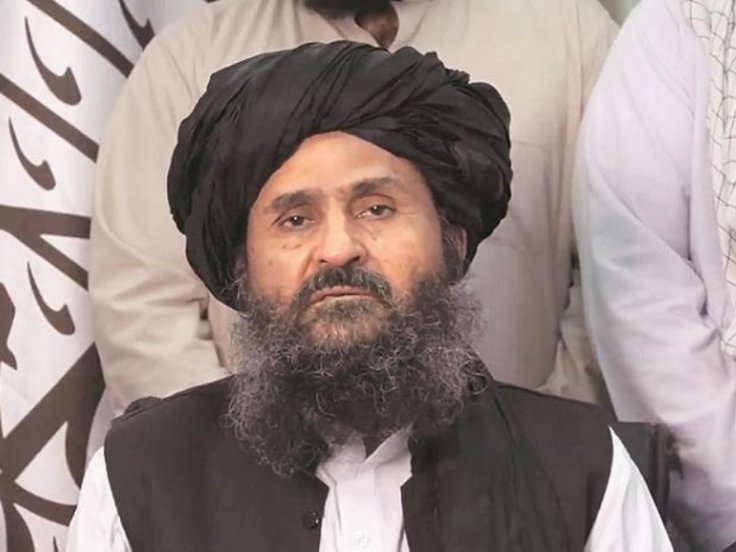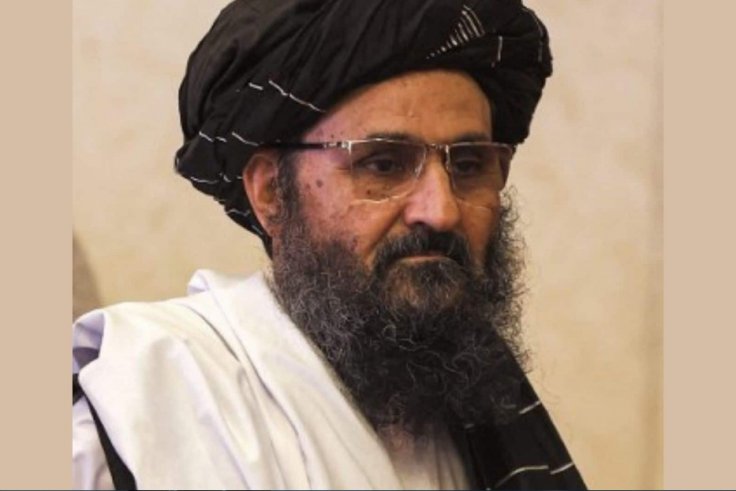The Taliban on Tuesday announced the names of several ministers who will be part of its new 'acting' government. Mullah Hasan Akhund will be the acting Prime Minister, while Abdul Ghani Baradar will be his first deputy. The second deputy will be Maulvi Hannafi, confirmed the Taliban.
The announcement was made by Taliban spokesperson Zabiullah Mujahid, a day after declaring victory over the resistance forces in the Panjshir Valley. Also, the announcement comes just two days before the 20th anniversary of the 9/11 attacks on the United States. Akhund headed the Taliban government in Kabul during the last years of its rule.
The New Taliban

Neither Akhund nor Baradar's names were much of a surprise given that they have played an important role in forming and leading Taliban over the years. Sirajuddin Haqqani, son of the founder of the Haqqani network, has been named as interior minister, Mujahid said at the press conference in Kabul on Tuesday.
"Sarajuddin Haqqani is appointed acting interior minister. Amir Khan Muttaqi has been appointed as foreign minister. Abas Stanikzai will be the deputy foreign minister in new Afghan government," Mujahid said.
Mujahid also made clear that the cabinet will be an "acting government" and that the Taliban will "try and take people from other parts of the country."
A lot of the names announced on Tuesday are old faces and were there during Taliban's last government in the 1990s. "The Islamic Emirate decided to appoint and announce a caretaker cabinet to carry out the necessary government works," said Mujahid, who named 33 members of "the new Islamic government" and said the remaining posts will be announced after careful deliberation.
Old Names, New Era

Akhund will be called the 'Raees-e-Jamhoor' or 'Raees-ul-Wazara', meaning prime minister. The Kandahar native currently heads the Taliban's 'Rahbari Shura' or leadership council, the highest decision-making body of the militant group.
Akhund headed the Taliban government in Kabul during the last years of its rule in the late 1990s and he was the unanimous choice according to reports. He had also served as governor of Kandahar province during the Taliban's first reign in the 1990s.
He was a close aide to the group's co-founder Mullah Omar and held the position of deputy foreign minister. Initially it was thought that Baradar could also lead the new government. He played a key role in bringing back Taliban to power. In fact, Baradar was the one, who led talks with the United States and signed the deal that led to America's final withdrawal from Afghanistan.
More importantly, the list does not appear to include any non-Taliban figures, which had been demanded by the international community. Taliban also reportedly disbanded the Ministry for Women's Affairs, days after violently clamping down on a woman-led protest against curbs to their freedoms under Taliban rule.
Hence there are also no women in the "acting government."
According to DW, Afghan journalist Ali Latifi told the outlet that Mawlawi Hibatullah Akhundzada, who is "the leader of the Taliban as far as we know", is missing from the new power structure. Latifi said the omission gives credence to the rumors that the militant group's supreme leader since 2016 is dead, despite assurances from the Taliban to the contrary.









